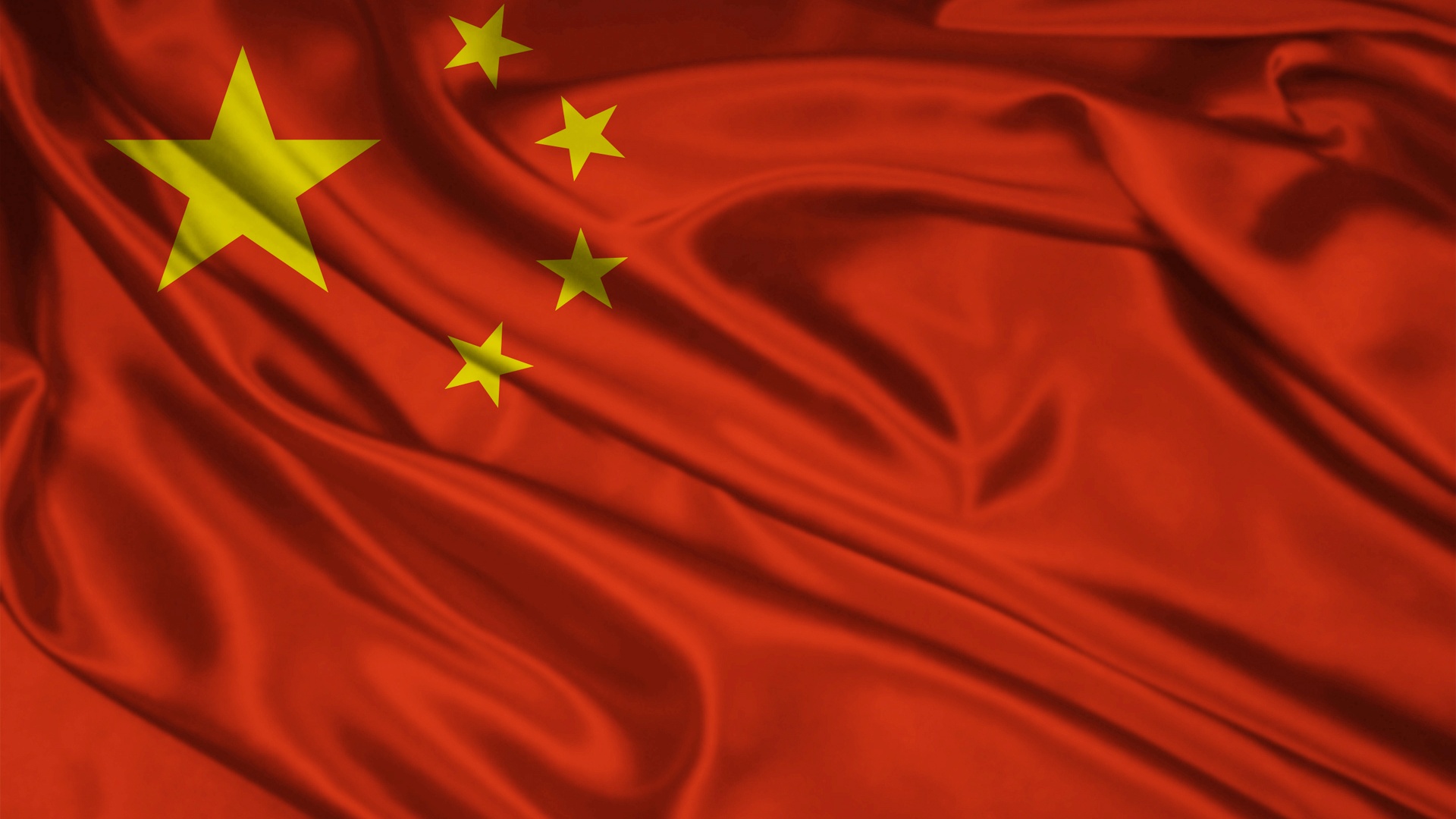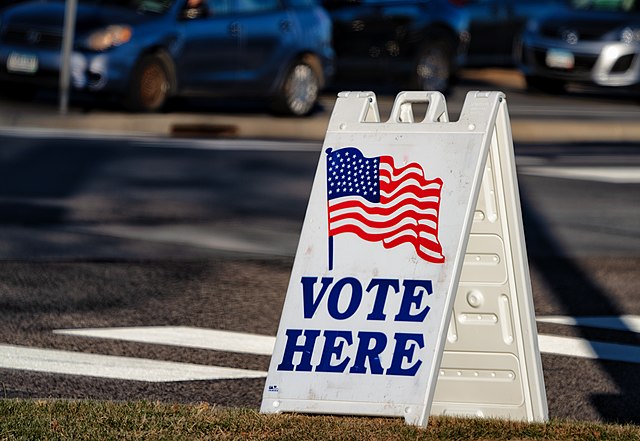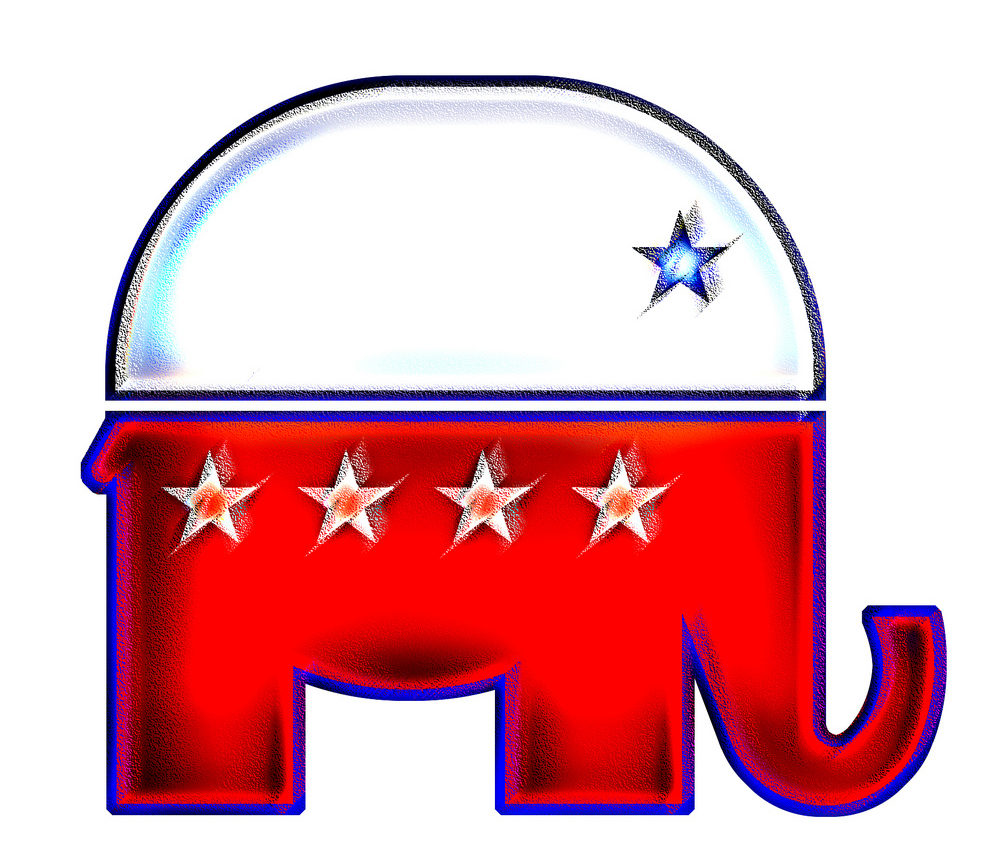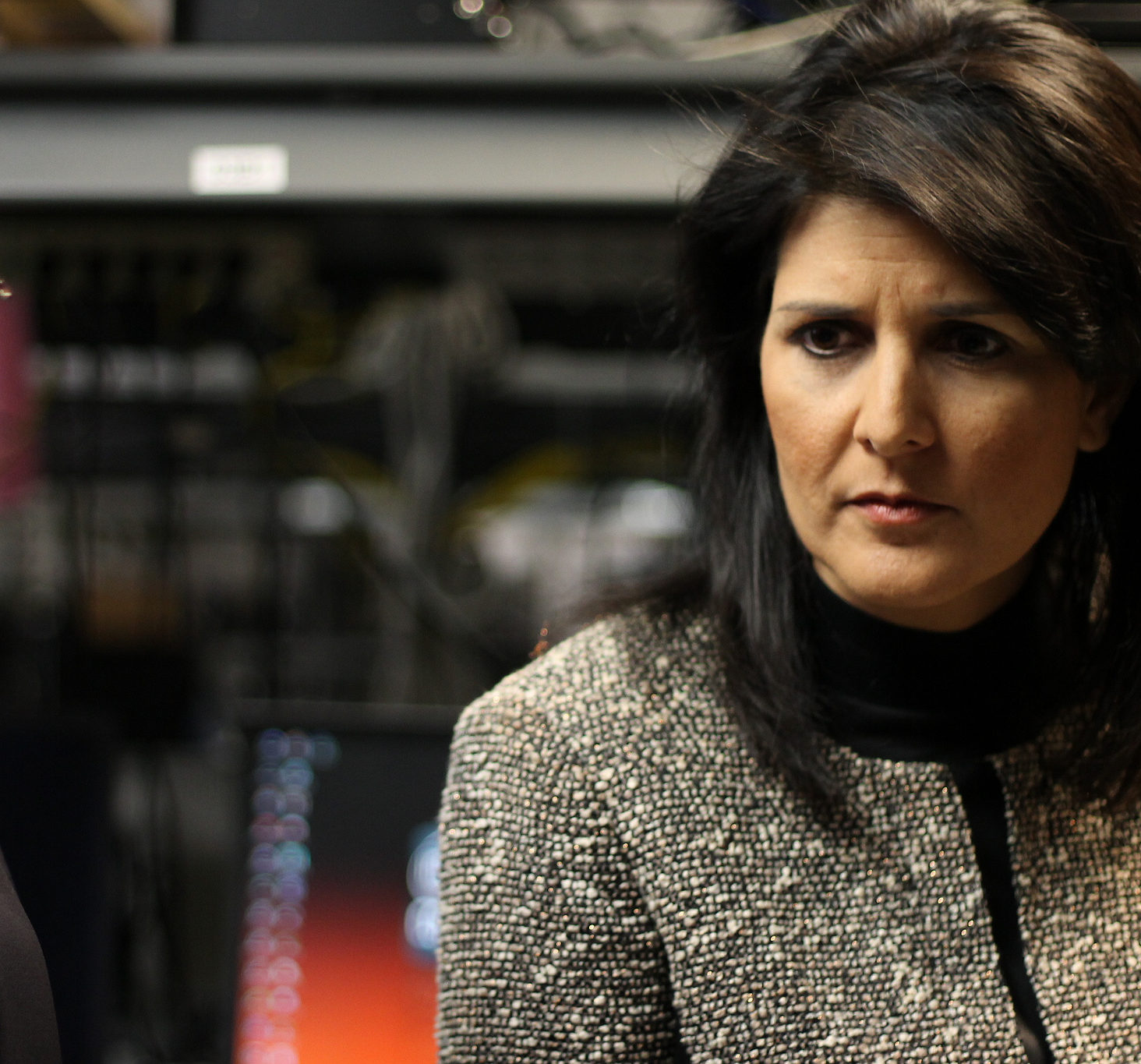President Donald Trump signed an executive memo on Thursday imposing retaliatory tariffs on Chinese imports totaling over $60 billion. Trump also said, “This is the first of many,” as he ramps up punishments after the administration has blamed China for nefarious trade practices and stealing American intellectual property.
According to a report from CNBC, President Trump’s trade director Peter Navarro says the U.S. will be, “strategically defending itself against economic aggression,” and protecting American companies.
The measure follows the 301 investigation led by U.S. Trade Representative Robert Lighthizer into unfair trade practices from the Chinese that have led to artificial trade barriers. However, Lighthizer claims that China may retaliate against Trump’s move by targeting U.S. agricultural product that are dependent upon the Chinese export markets – namely horticulture products and grains and feeds.
Lighthizer outlined the new tariffs on China on Thursday in front of the Senate Finance Committee. He explained products subject to tariffs will include aeronautics, high-tech products, new-energy vehicles, and modern rail components.
Long-term trade deficits “to some extent reflect market distortions,” said Lighthizer. He adds that they are “having a negative effect on U.S. workers and businesses.”
As he recently highlighted China’s $375 billion trade surplus with the U.S., Trump says he will consider additional tariffs in two weeks. Nevertheless, the president is reportedly concerned about the impact the tariffs will have on domestic universities.
House Ways and Means Committee Chairman Kevin Brady (TX-8) said this week that the president should proceed with caution on China.
“The challenge for every president is how to do it in a way that doesn’t punish Americans for China’s misbehavior,” said Brady. “So, you’ve really got to narrow these and target these. It is a very discerning line to do that.”
Countering Trump’s announcement, China’s foreign ministry argued that they should not be punished economically if the country does not wish to purchase what the U.S. is selling.






